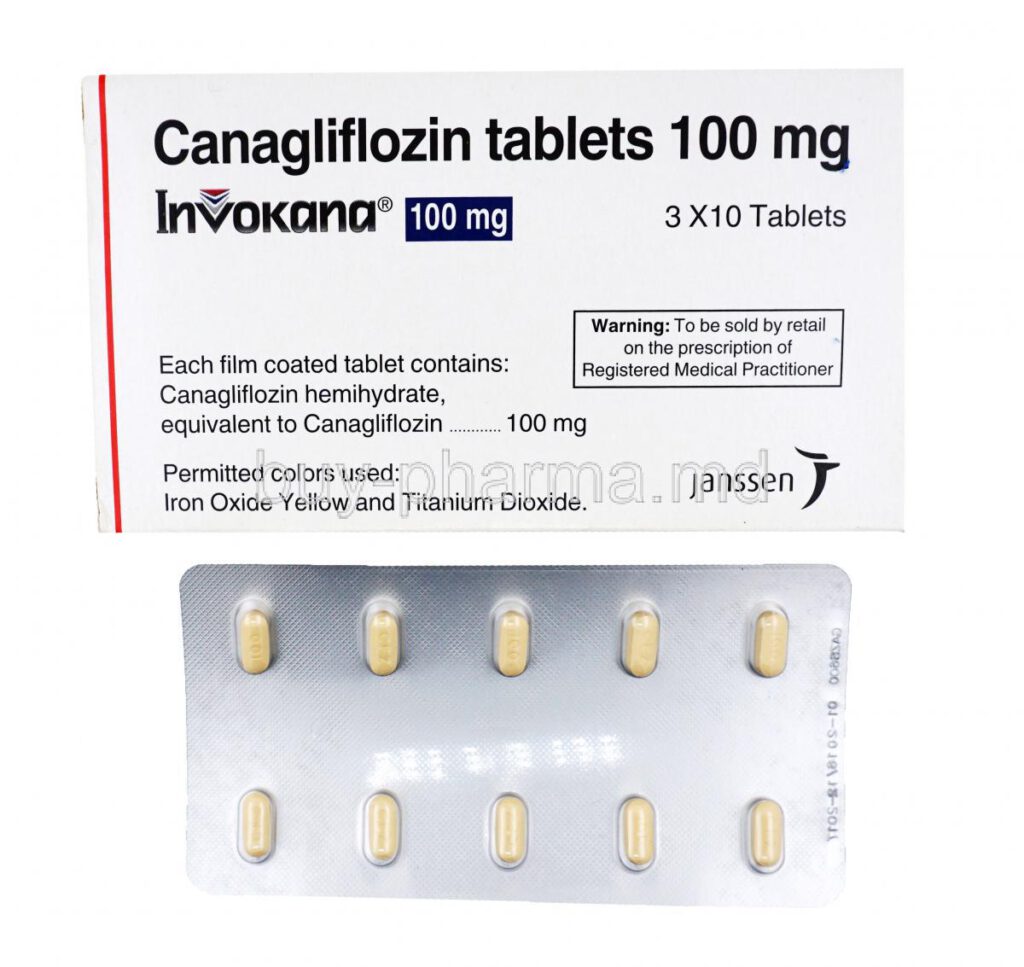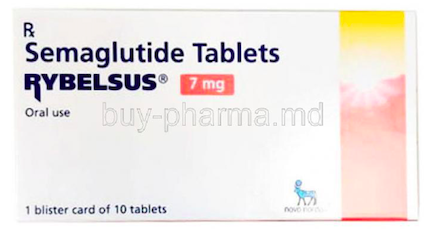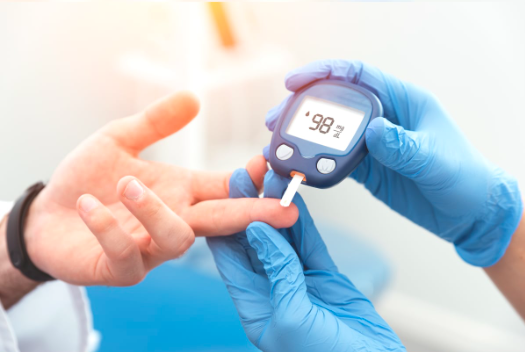Diabetes can be a challenge to live with but there are several things you can do to help manage your condition. Proper diet and lifestyle habits can help you control your blood sugar levels and prevent its deterioration.
There is also the option of medication. Learning about your condition and seeking health advice is vital. Your body needs glucose to provide energy to the various cells, so it is critical that you know your body’s needs and follows a diet that will meet those needs.
Can you have type 2 diabetes and not be overweight
Excess weight can have negative health consequences, including diabetes and hypertension. People who are obese have a higher risk of developing type 2 diabetes.
Excess weight also increases the body’s risk for other conditions, such as heart disease and osteoarthritis. If you want to avoid these problems, losing weight is important.
Many people have prediabetes, which is a condition where blood sugar levels are higher than normal, but not yet high enough to be classified as diabetes. It often progresses to type 2 diabetes.
Some risk factors include gestational diabetes and weight over nine pounds (4 kilograms). Other risk factors include dark skin, which may be an early sign of insulin resistance.
Eating healthy is also important. A healthy diet helps control blood sugar. Avoid eating foods high in sugar or unhealthy fats. This can lead to an increase in visceral fat and higher blood sugar.
What are the final stages of diabetes?
Diabetes is a lifelong condition. While people can lose weight and become more active, a person with type 2 diabetes may still need to take medications to control their blood sugar levels. Those with diabetes have a much higher risk of developing heart disease and psychological problems. Although it is rare for a person with diabetes to die from the disease, it is possible to lose sight and develop severe nerve damage.
The last stages of diabetes are characterized by reduced consciousness and minimal oral intake. The disease is most treatable when detected early. If they have high levels of LDL cholesterol, doctors may prescribe medication and lifestyle changes to control them.
Diabetics also experience dehydration. High blood sugar levels reduce the body’s ability to absorb water. This contributes to dehydration, which is life-threatening.
invokana canagliflozin for type 2 diabetes
Canagliflozin, or Invokana, is a prescription medicine that reduces the level of blood sugar in people with type 2 diabetes. Invokana has taken orally once daily with food. It prevents glucose from being reabsorbed into the body and increases glucose excretion in the urine. However, Invokana should not be used in treating type 1 diabetes, which occurs when the body does not produce insulin.

Invokana has been studied in combination with other drugs for the treatment of type 2 diabetes. It has shown promising results in lowering blood sugar levels and lowering the risk of cardiovascular events. It also reduces the risk of heart failure, kidney failure, and end-stage renal disease. Because it works in the kidneys, Invokana is important to take as prescribed, even if you feel fine. High blood sugar levels can lead to serious problems with the heart and kidneys.
Invokana has a risk of osmotic diuresis, which may lead to a decrease in intravascular volume. Invokana is known as volume depletion, and patients with impaired renal function or who use loop diuretics are at increased risk for this side effect.
semaglutide rybelsus for type 2 diabetes
Semaglutide rybelsus is a prescription medication for people with type 2 diabetes. It is used alone or in combination with other medications to control blood sugar. The drug belongs to a class of drugs known as glucagon-like peptide-1 agonists.

The mean age was 61 years, and 54% of patients were male. They had a mean BMI of 31 kg/m2. The majority of participants were white, with 7% being Black or African American.
Another third of the participants were Asian or Hispanic. This drug significantly reduced HbA1c levels compared to placebo in patients with type 2 diabetes.
However, there are risks associateding with this medication. It can increase the risk of severe allergic reactions. In some cases, patients develop anti-drug antibodies to semaglutide.
Some of these antibodies can cross-react with native GLP-1. Therefore, it is important for pregnant and lactating women to discuss this risk with their physicians.





